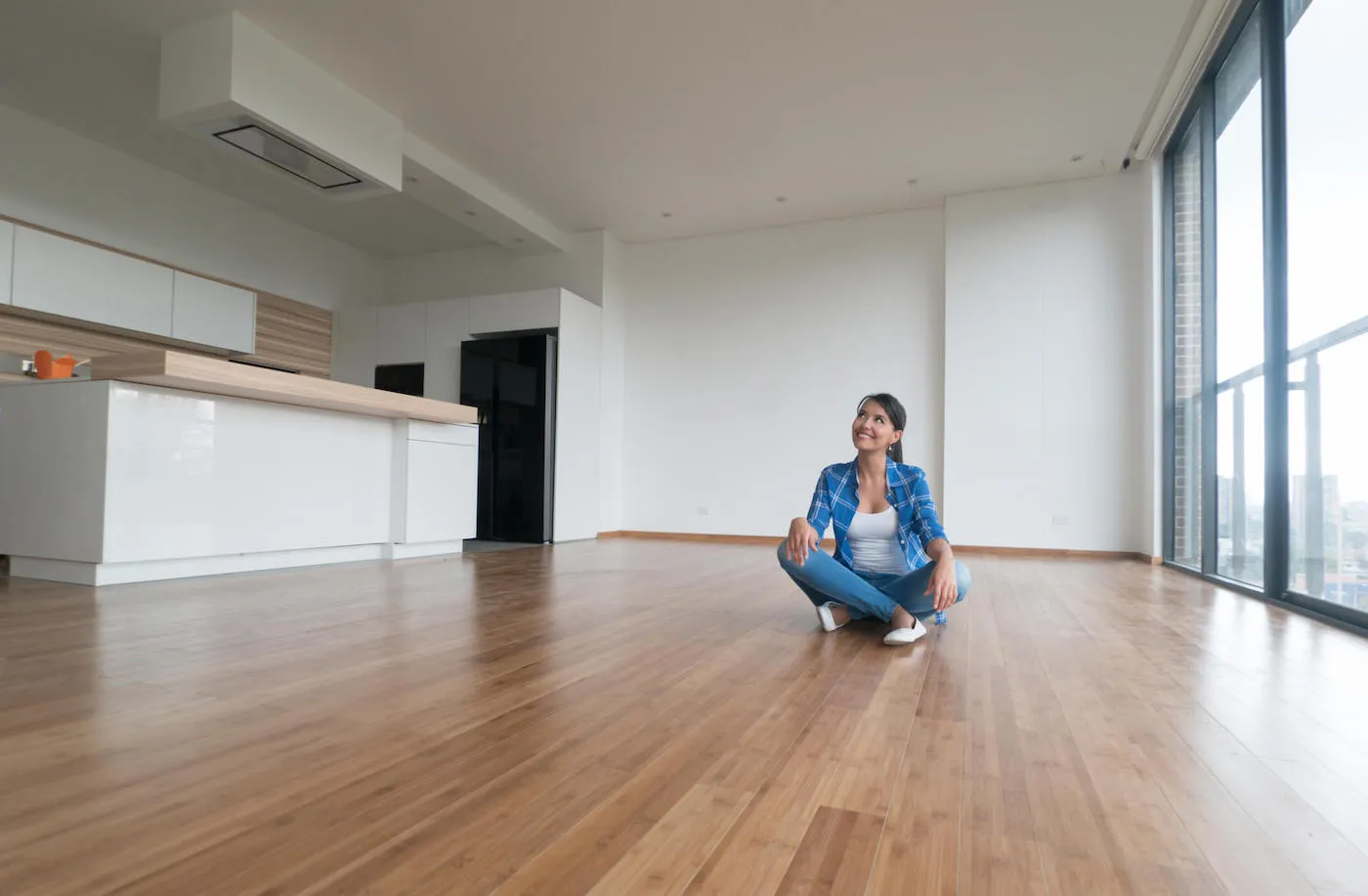What Is Vacant Home Insurance?
Quick Answer
Vacant home insurance provides coverage for your home when it is empty and no one is living there for a significant amount of time—usually 30 days or more.

Vacant home insurance provides coverage for your home when it is unoccupied for a significant amount of time—usually 30 to 60 days or more.
Many insurance companies can discontinue coverage if your home is unoccupied for more than 30 days. This is because unoccupied homes are more susceptible to theft and damage, which drives up the risk for insurance companies. If loss or damage occurs when your property is vacant, it may not be covered by your standard home policy.
Find out what you need to know about vacant home insurance so you're covered when the lights are out and there's no one at home.
What Is Vacant Home Insurance?
Vacant home insurance can be either a separate policy or added as an endorsement or amendment to your current homeowners insurance policy.
If you move out before you sell your home, own a rental property and are between tenants or are an executor for a family member and selling their property to close the estate, the house may be left vacant. If that's the case, you may need vacant home insurance to avoid paying for any damages out-of-pocket.
It's worth noting that an insurer can lower coverage levels on your existing insurance policy, cancel your policy mid-term or even deny the claim if you don't add vacant home insurance. But being vacant doesn't necessarily mean your home is boarded up or abandoned; it simply means the home is unoccupied, the utilities are turned off and there are no personal possessions or pieces of furniture within.
Are Temporary and Vacant Home Insurance the Same Thing?
Vacant home insurance and temporary home insurance are two entirely different types of policies. Both can be added onto your regular homeowners insurance policy, but they provide different coverage.
Unlike vacant house insurance, temporary home insurance—also called short-term rental insurance—protects your property if you rent it out for a short period of time. These policies are often limited to 62 days per calendar year, so if you plan to rent your home for longer than that, temporary coverage isn't for you.
Even if you don't rent but decide to house-swap instead with another homeowner, you may want to add this coverage to protect your home if something unexpected happens, just as long as they don't overstay the 62-day limit.
How Does Vacant Home Insurance Work?
Although coverage can vary from provider to provider, vacant house insurance generally covers only the home itself and not other assets, such as land. However, some policies will let you add additional coverage on top of a vacant home policy for any personal property used to maintain your home, like a snowblower or lawnmower.
Policies may cover damage from fire and smoke, windstorms, hail, explosions and lightning. Water damage may also be covered if caused by something like a leaky or burst pipe.
You may also ask your insurer to add coverage against theft and vandalism and protection from liability, but some restrictions may apply. For instance, if your property has what an insurer would consider a hazard, like a swimming pool or trampoline, you may not qualify for the liability add-on.
Policy lengths also vary and may depend on how long you need to insure your home. For instance, American Family offers three-, six- or 12-month terms. And because the home is vacant and poses more risk to the insurer, the cost can be 50% to 60% more than a standard policy for vacant home insurance. Some insurers might also offer a prorated cancellation when you sell your home, need to move back in or find a tenant.
How to Get Vacant Home Insurance
Not all insurers provide vacant home insurance. But if you already have a standard home insurance policy, you may want to reach out to your current insurer first.
Some of the insurers that offer vacant home insurance include:
- Farmers Insurance
- American Family Insurance
- Foremost Insurance
- Steadily
- Vacant Express
Both Foremost Insurance and Vacant Express let you enter your ZIP code online to connect with agents in your area who offer vacant home insurance. You can also work with Foremost directly by calling and speaking to an agent.
Steadily and Farmers Insurance, on the other hand, ask for specific information about you and your home in order to give you a rough estimate online. However, it's likely at some point you will need to speak with an agent who can provide a more precise quote and may even offer a discount on your premium, say for adding a security system.
Once you've decided on a policy and an insurer, you'll likely need to supply a few documents to get the ball rolling, including:
The Bottom Line
Vacant house insurance can give you the added peace of mind that your home is protected until someone else takes up residence. Generally, coverage is available for a specific time period and may cost more than a standard homeowners policy due to the risks. But knowing you're protected against damages to your home with vacant home insurance makes it easier to relax and step away.
What makes a good credit score?
Learn what it takes to achieve a good credit score. Review your FICO® Score for free and see what’s helping and hurting your score.
Get your FICO® ScoreNo credit card required
About the author
Kathryn Pomroy is a writer at Experian. She is a journalist who obsesses over all things personal finance, including consumer debt and banking, credit cards, credit scores and all types of loans. She has written for dozens of major publications, small businesses and many well-known personal finance companies
Read more from Kathryn